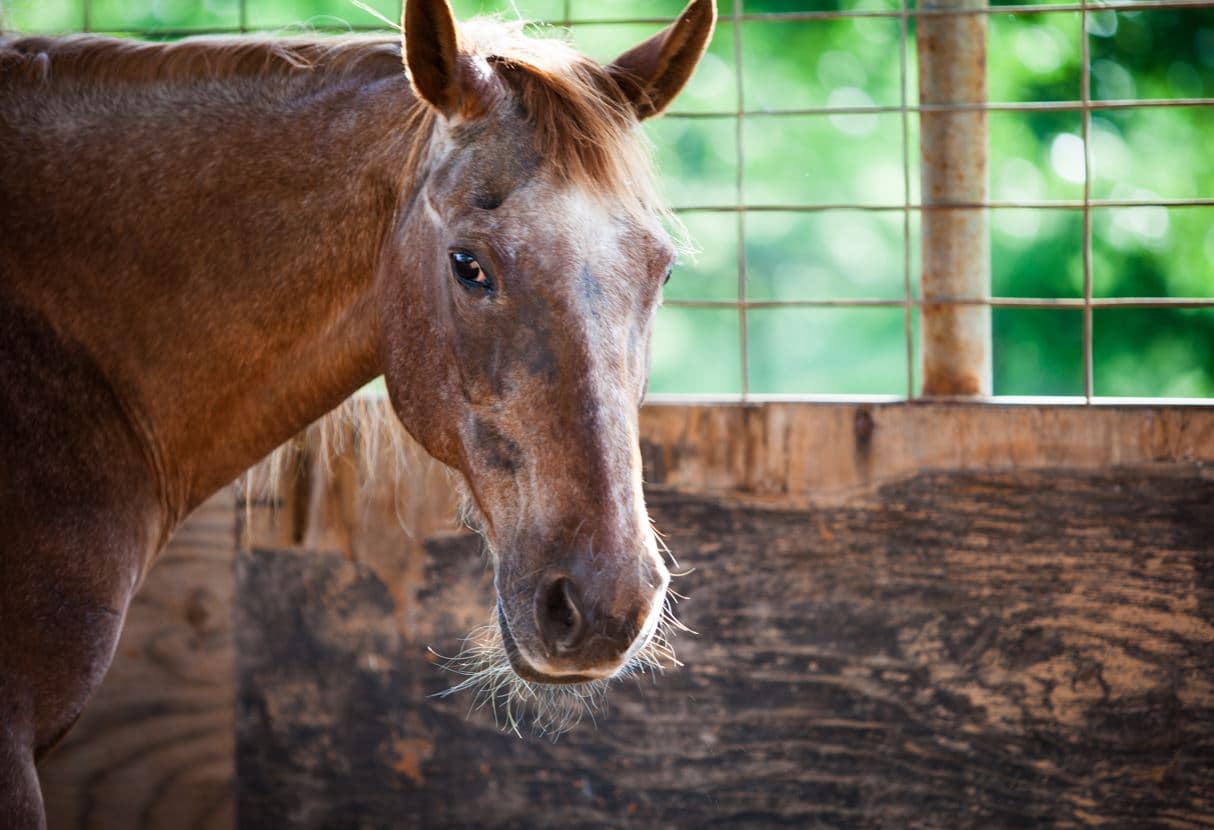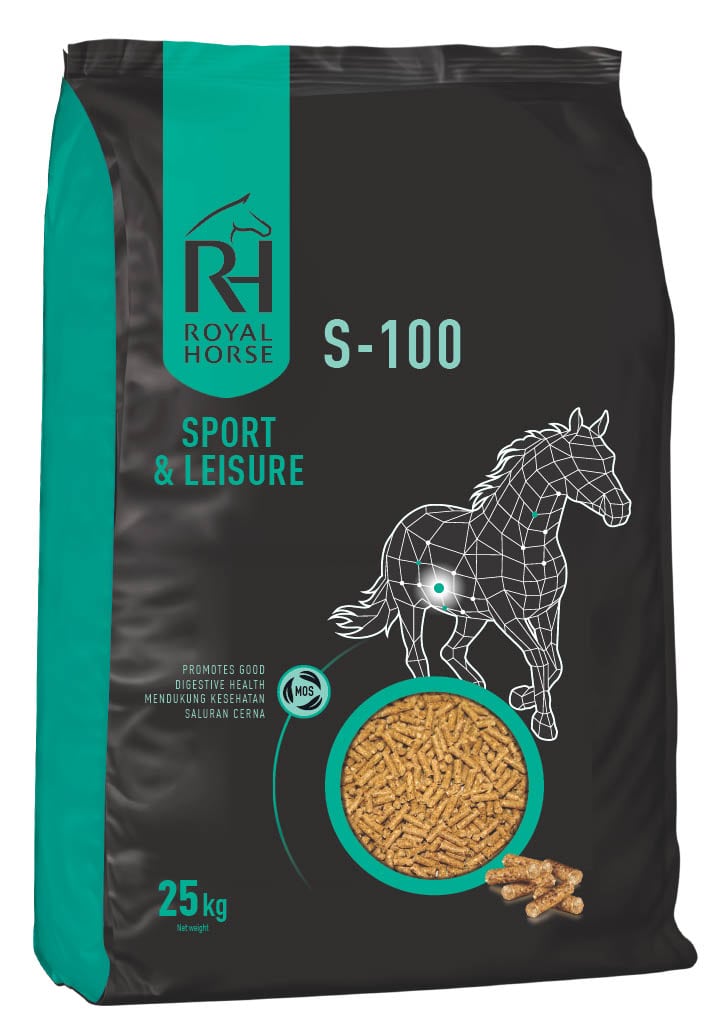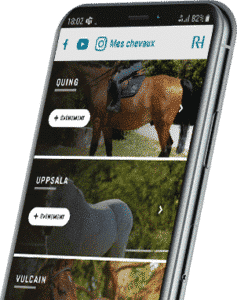Horses start to show signs of aging at about 20 years old. Old age brings with it certain problems that can become very disabling for an old horse. It is therefore important to keep a close eye on the diet, teeth and weight of old horses. On the one hand to identify these health problems and on the other hand to bring them the best possible care. Royal Horse has formulated a feed dedicated to older horses.
The concerns of old age of the horse
Loss of muscle mass
With age, the horse can no longer produce as much effort as it did during its prime. However, it is better not to stop working completely. He could lose a lot of muscle mass, but also lose flexibility in his joints. It is therefore essential that he keeps up a light physical activity. This will avoid problems of arthritis in the older horse, which would only get worse with time, and especially to maintain his muscle mass.
Teething problems in older horses
Teeth should also be checked regularly. Older horses’ teeth tend to move or fall out. Have your horse’s dental table adjusted by an equine dentist to avoid over toothed teeth. For older horses with chewing problems, you can add very short fiber hay or pellets rich in cellulose to the ration. It is important to maintain a cellulite bacterial flora for an herbivore that is an important source of energy. If chewing is limited, you can also add fiber-rich pellets such as moistened S100 to obtain a paste that will be easier to eat. This will also provide sufficient fiber to keep your older horse’s digestive system healthy. To learn more about teething problems in horses, you can read our dedicated article.
Older horses are thin
To fatten up an old horse that has become too thin, you can add oil to its rations. If your horse lives in a herd, it would be preferable to separate it at feeding time. Indeed, it is possible that the other horses will eat his ration if he tends to eat more slowly.
Feeding
During the winter months, older horses should be fed a higher energy level to help them thermoregulate. They may also need to be covered more frequently or warmer to save energy, as thermoregulation is very energy consuming. In the summer, they will need to be helped to stay hydrated because their bodies will not be as effective at protecting them from the heat. They will therefore tend to dehydrate faster.
At this stage of life, they need a specific diet for old horses. A diet that is adapted to their aging body and that will be able to prevent certain functional disorders. You can also use food supplements for older horses. They allow you to compensate for deficiencies if your horse is no longer able to eat its food properly.

What are the best foods for my older horse?
Rations with a slightly higher content of quality protein and supplemented with limiting amino acids (S350 flaked feed contains 13.5% crude protein per kilo) and enriched with vitamin E and selenium should be preferred to prevent muscle atrophy.
Older horses can also be prone to “sluggish bowels” due to a lack of activity. It is important to give them feed rich in cellulose (17 to 18%).
You can also support their immune system with specific feed containing more vitamins C and E.
Rations should not be too rich in starch (cereals) to avoid excessive fermentation. Energy will then be provided by increasing the percentage of vegetable fat in the formula.
What is the ideal feed for your old horse?
For an old horse, it is best to use flaked feed, which is more palatable and easier to chew. The clay content of the feed acts as a “protector” to ensure healthy digestion and avoid ulcers that frequently occur in older horses.
It is also advisable to include feeds that help prevent problems related to bone fragility, increasing the vitamin D and calcium content, as well as cupric chelates to strengthen the joints.
Ask your veterinarian and your specialized technician for advice.




